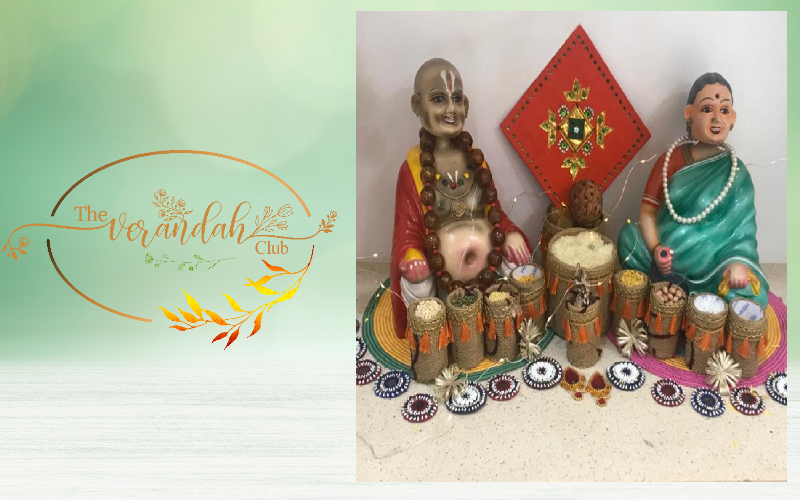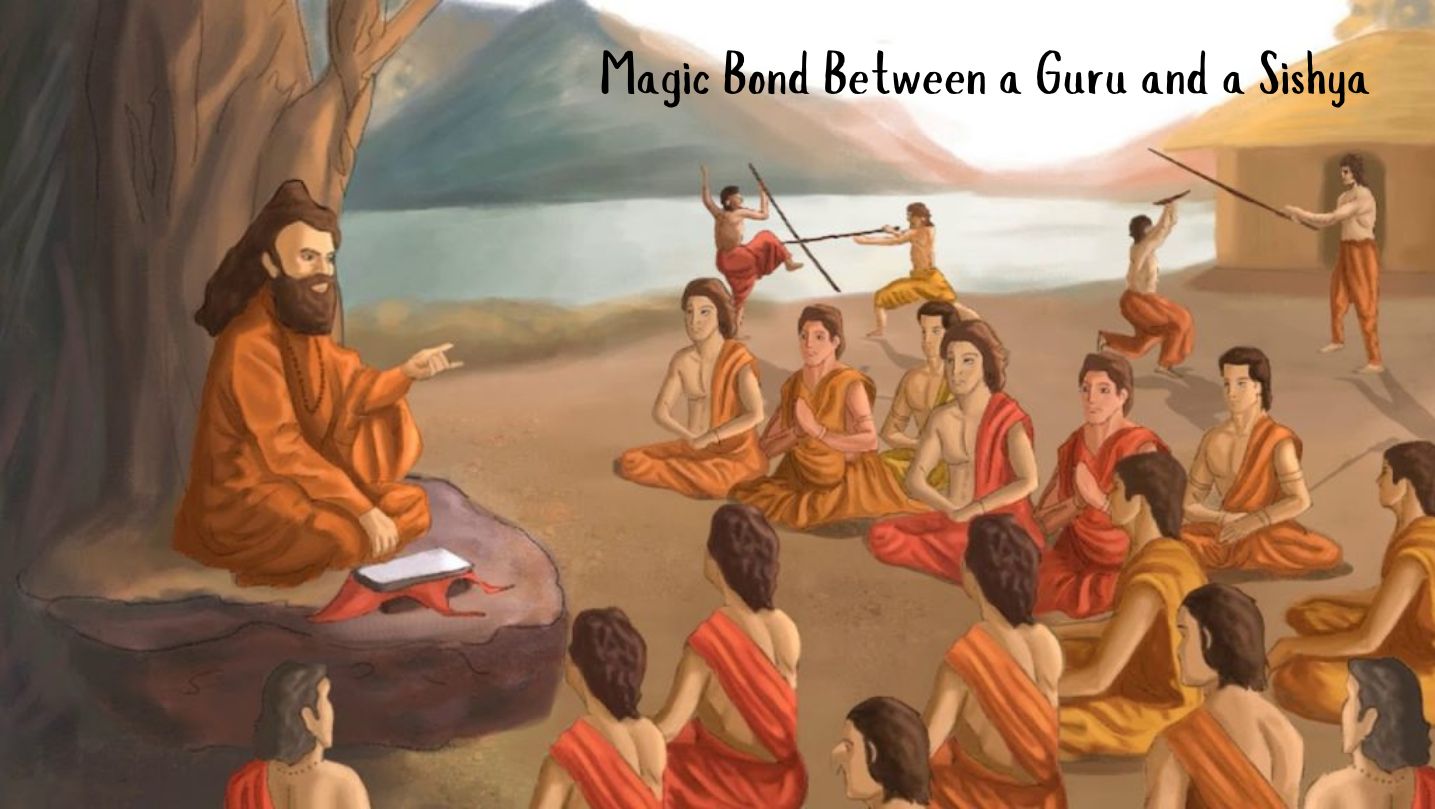
Bhagiyam wants to know how a businessman takes care of rotations. Like how much business should one do? What should the turnover be? And what will the profits from turnover be used for?
Those days they did not have great concepts like gross profit, net profit, profit after tax etc. However, Damu gives a very apt reply.
Damu says, “Dear Bhagiyam, you have asked a very good question. Suppose we have rs.100 worth stock with us and if it is a jewelry business or any another business, or even groceries, out of every 100 rupees material which is found in the stock, we should be able to sell 6 times the value of the stocks we have and that is very important.
Bhagiyam asks, “Why is it only 6 times? Why can’t it be 4 or 9 times?”
“9 or 10 times is very good, however, six times minimum is required because of the nature of work which is involved. One round of turnover yields one percent of profit that was meant for the shop expenditure like rent, cleaner salary, maintenance, etc. The second round of turnover is meant for payment of salary to the employees who were working in the shop. A third round of turnover is for the day-to-day maintenance of the family. Food and shelter for the family of the trader.”
“Then what about the fourth round of turnover,” quips Bhagiyam impatiently.
“Fourth round is meant for savings. There may be a daughter to be married, there may be more children in the family who have to be settled, you may to have invest an extra property or shop for the other kids, for which you need a fourth round. Whatever profit we get is for contingency and for helping our near and dear. It is for a rainy day.”
Bhagiyam says then, “Well, if these 5 rounds of turnover are fulfilling all our needs, then why do we at all need a 6th one?”
“No, no, no,” Damu responds, “for these 5 rounds of turnover who is responsible? The wellbeing of the society, our clients, and the ecosystem of our society, only these are helping us to survive. Therefore, we have a small responsibility towards our society. We have to indulge in a little bit of charity. So, the one round of turnover, whatever profit it generates, we have to give for charity. First charity we have to give to temples because it gives us faith and spiritual strength. Second form of charity is to be given to poor when it comes to food or medical expenses or if there is a wedding in somebody’s family.
Our place needs trees, plants, and social infrastructure, lakes, tanks, water bodies, etc., all those help us to sustain, for which we must surely allot one portion. The next form of charity is helping the society to be self-resilient. Like training of the guards who take care of the shops and the town and helping so many other good Samaritans. Also, supporting the people who are into Ayurvedic and Siddha research and into spiritual research.
These are the people who definitely require our support. And so, for that purpose we need to have the sixth round of turnover.”
“Oh I see,” responded a spellbound Bhagiyam.
“These six rounds of turnover should take place in an even pace. So, 2% of the investment which is found in the venture should be the turnover per day approximately. Good, bad, and holidays occur for sure. There may be days when we would have gone out of town. So, we may not be in business for all 365 days. We may work only 320 days. Therefore, it becomes important that for every 100 rupees invested, 2 rupees of turnover takes place and the money, which is coming from the turnover, we must keep 6 ‘Undiyals’ or cannisters at home. Put each one into one cannister which can be used on any emergency.
Suppose you are not able to fulfill your basic requirements, you try to overdraw from one cannister and use and then replace it. When you replace it, keep it along with a ‘Thappu kaannikkai’ or interest for that which you have taken from the ‘Unidiyal’.
This helps you to maintain your financial stability to a large extent, Bhagiyam”
“This is extremely useful, and this is what our elders have followed. If we are able to keep up this structure, we will be able to live successfully ever after and not only us but our society also,” says the completely convinced Bhagiyam.
NEXT ARTICLE

At the southernmost tip of this mesmerising ensemble lies the majestic Great Nicobar Island, boasting an impressive landmass of about 910 square kilom...

Bharath has always been a land traversed by spiritual masters/ Guru since time immemorial. These spiritual masters have always upheld the core princip...

South India contains its fair share of unique pilgrimage centres. These divine places of worship have a prominent Sthala Purana, devoted followers, di...